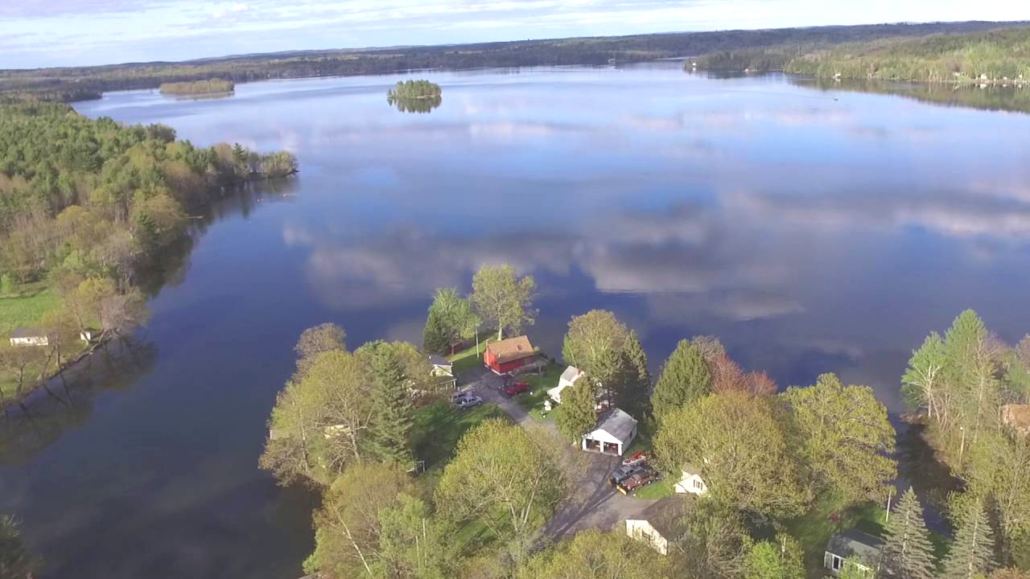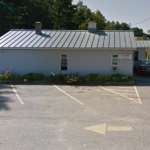Webber Pond Assn. president issues post meeting report (2023)

Webber Pond.
Webber Pond Association president John Reuthe recently presented his anual report from the annual meeting, which provides information that people have been asking.
Update on removing filamentous algae: I took an old metal kitchen strainer out today to get some algae samples. It worked so well, that I tried using it to clean off algae clumps on the boat ramp and in the fish holding tank at the dam. It was easier and faster than I thought it would be with such a small tool, took 10-15 minutes to do both. The clumps really compressed as they were scooped. And it was easy to turn the strainer upside down and knock the algae out of it. Should be able to do a lot more with something bigger. Not a magic wand, but something worth trying.
Original post: One thing that people could do to help control the filamentous algae is to physically remove algae clumps by netting or raking them from the pond surface. It is important to dispose of the algae mats away from the pond edge to prevent nutrients from reentering the pond as the algae decays. Physical removal is labor intensive and time consuming, but it’s something that we can all do to help the problem. It is also advantageous because it results in a removal of nutrients from the pond, which may help to prevent future algae growth. This also applies to pond weeds that gather on the shore when it is windy.
The WPA has removed additional boards from the dam to control water levels given all the rain, which is a mixed blessing. Rain is a clean source of water replacement, but it is also creating runoff, which contains phosphorus.
Long-term control of overabundant aquatic plants is best accomplished by reducing or redirecting nutrient sources from the pond. This can be done by reducing fertilizer applications near the pond, maintaining septic systems properly, redirecting nutrient-rich runoff away from the pond, and maintaining vegetative buffer strips around your pond. This is also something that we all can do.
WPA directors Jennifer Lacombe and Erika Bennett are available to help with this process through the voluntary LakeSmart program, which provides free analysis and advice, as well as some financial resources to address problem areas that allow nutrient runoff into Webber Pond. Participants are not required to follow the advice given.
Responsible journalism is hard work!
It is also expensive!
If you enjoy reading The Town Line and the good news we bring you each week, would you consider a donation to help us continue the work we’re doing?
The Town Line is a 501(c)(3) nonprofit private foundation, and all donations are tax deductible under the Internal Revenue Service code.
To help, please visit our online donation page or mail a check payable to The Town Line, PO Box 89, South China, ME 04358. Your contribution is appreciated!




Leave a Reply
Want to join the discussion?Feel free to contribute!